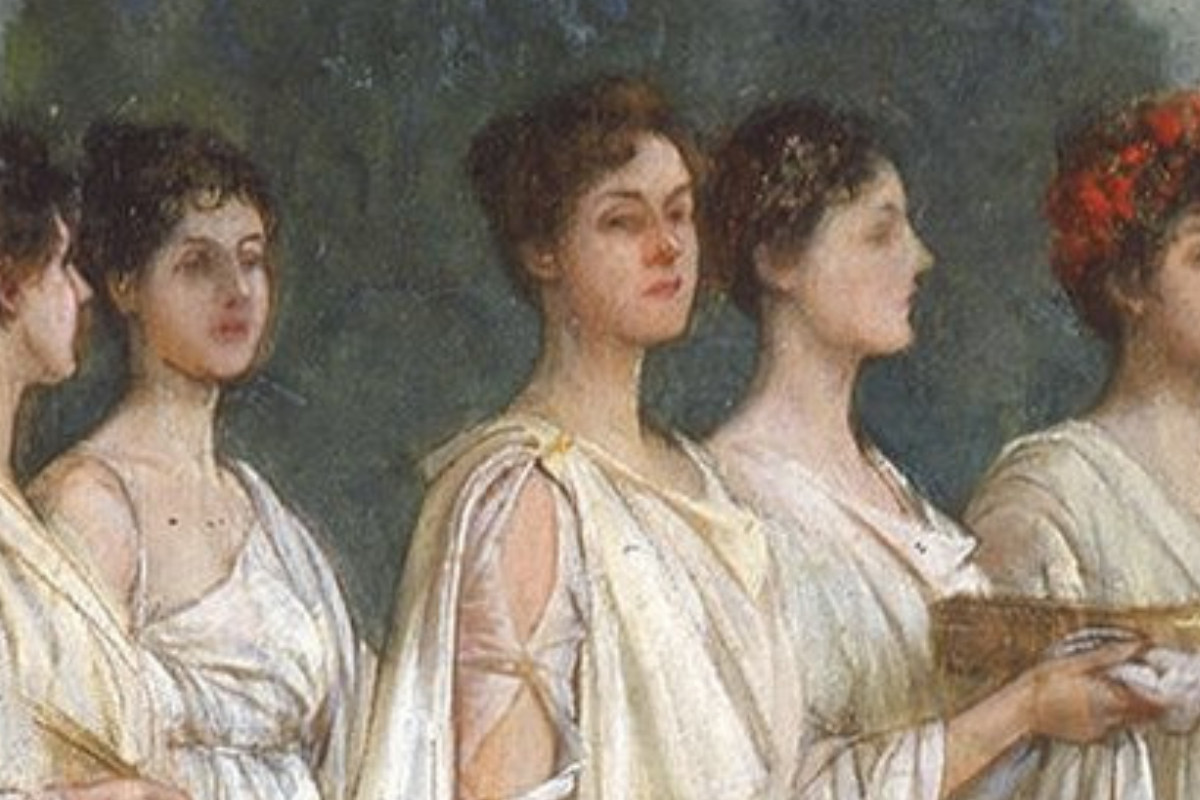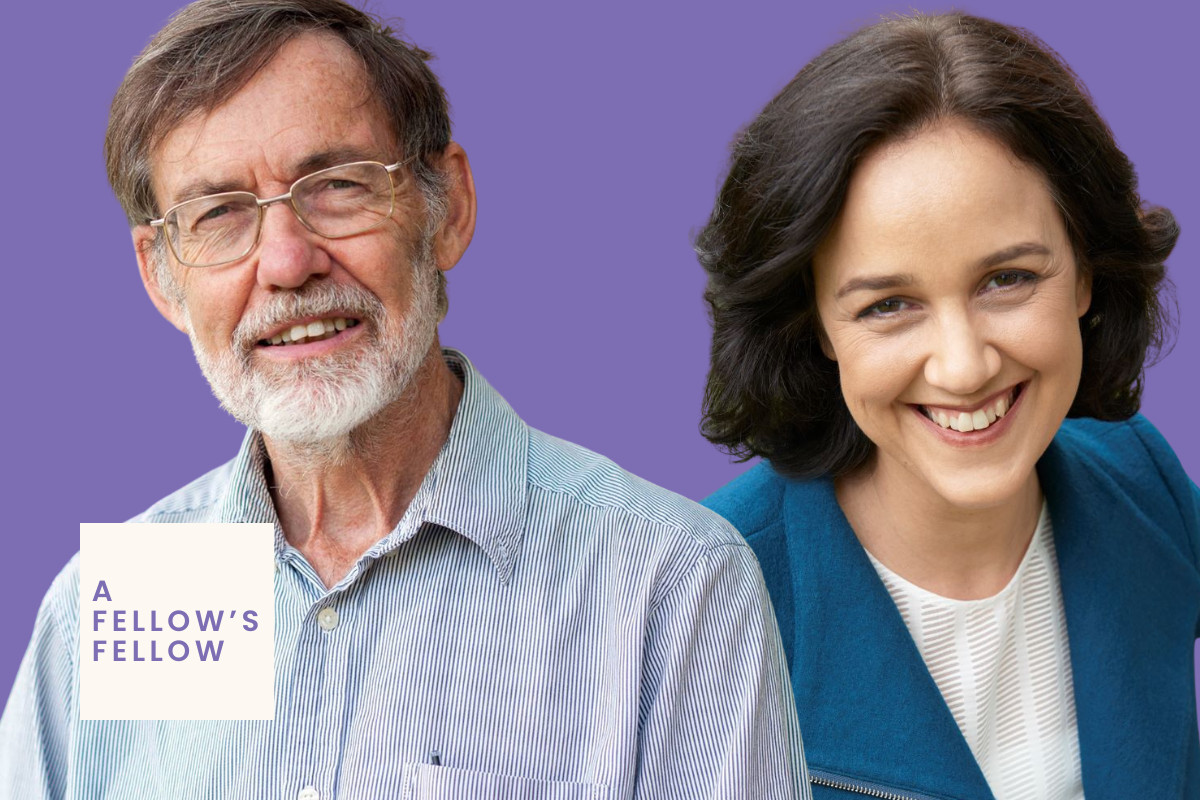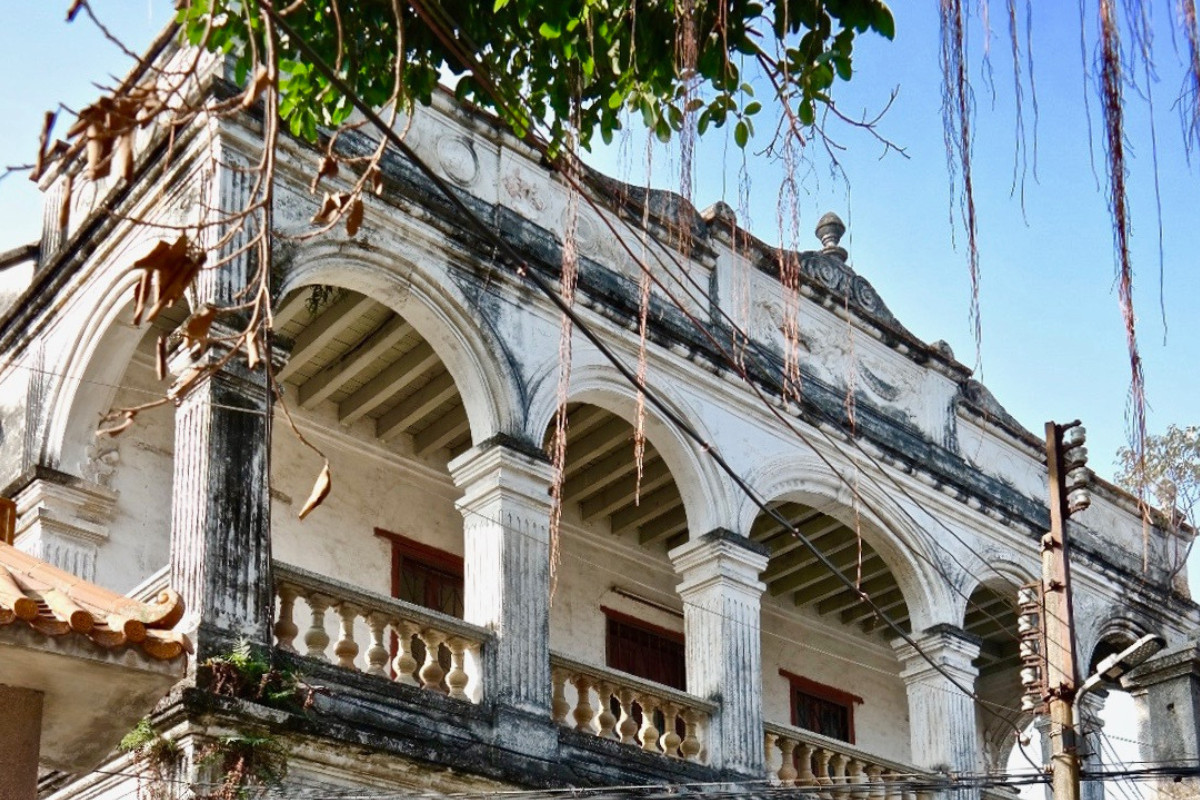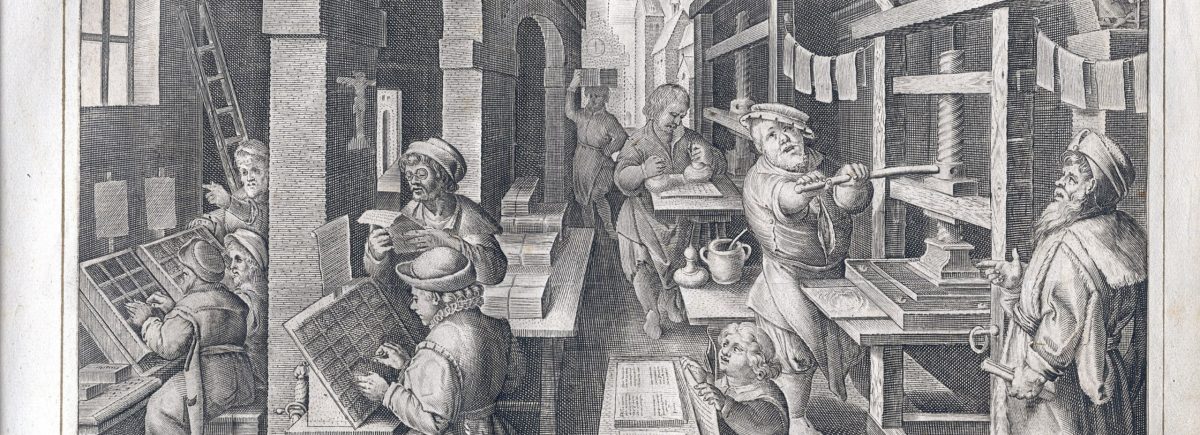
The Australian Academy of the Humanities is thrilled to announce shortlisted translators for the 2024 Medal for Excellence in Translation.
The Medal for Excellence in Translation recognises outstanding achievement in translation and the vital role of translators and translation in Australian culture and scholarly discourse. Established in 2016, it is awarded biennially for a book-length translation into English of a work of any genre (including scholarship), from any language and period.
The Medal is one of few awards recognising excellence in translation and is judged on the basis on the translator’s success in conveying the style, spirit, effects, meaning and cultural context of the original, and the significance of the translated work.
Congratulations to the recipients:
- Stephanie Smee for On the Line: Notes from a Factory by Joseph Ponthus [Black Inc. Books]
- Josh Stenberg for For a Splendid Sunny Apocalypse by Jiang Tao [Zephyr Press]
- Kevin Windle and Elena Govor for Voices in the Wilderness A Digest of the Russian-Language Press in Australia 1912–1919 [Australian Scholarly Publishing]
The recipient of the 2024 Medal for Excellence in Translation will be announced on International Translation Day, Monday 30 September 2024.
Read on for more information about the publications.
Stephanie Smee for On the Line: Notes from a Factory by Joseph Ponthus [Black Inc. Books]
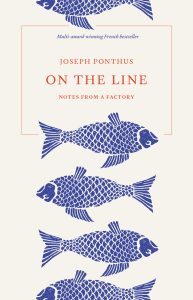
A multi-award-winning French bestseller that brings poetry to the factory floor.
Unable to find work in his field, Joseph Ponthus enlists with a temp agency and starts to pick up casual shifts in the fish processing plants and abattoirs of Brittany. Day after day he records with infinite precision the nature of work on the production line: the noise, the weariness, the dreams stolen by the repetitive nature of exhausting rituals and physical suffering. But he finds solace in a life previously lived. Shelling prawns, he dreams of Alexandre Dumas. Pushing cattle carcasses, he recalls Apollinaire. And, in the grace of the blank spaces created by his insistent return to a new line of text – mirroring his continued return to the production line – we discover the woman he loves, the happiness of a Sunday, Pok Pok the dog, the smell of the sea.
In this celebrated French bestseller, translated by Stephanie Smee, Ponthus captures the mundane, the beautiful and the strange, writing with an elegance and humour that sit in poignant contrast with the blood and sweat of the factory floor. On the Line (À la ligne) is a poet’s ode to manual labour, and to the human spirit that makes it bearable.
Of the translation, Stephanie says:
‘Joseph Ponthus’ On the Line – Notes from a factory is an astonishing prose poem set in the fish processing plants and abattoirs of Brittany. Lauded in France by the literary establishment and the general reading public alike, Ponthus’ text stunned readers with its originality as well as its power both to move and to shock. The author returns to a new line much as he returned to the factory, producing a textual rhythm to match the relentlessness of the production line, and a place of grace in which to preserve his –our – humanity. Challenging, haunting, and a privilege to translate.’
 Stephanie Smee left a career in law to return to her love of languages and work as a literary translator from the French, with an occasional foray from the Swedish. Twice shortlisted for the NSW Premier’s Literary Translation Prize in 2023 and 2019, she has translated a great variety of texts, from prize-winning works of literary fiction to thrilling crime. Recent translations include Marie Vingtras’ haunting mystery, Blizzard, Hélène Gaudy’s A World with No Shore, a moving re-imagining of a doomed 19thcentury Arctic expedition, Joseph Ponthus’s utterly extraordinary and best-selling prose poem, On the Line, and Hannelore Cayre’s The Godmother, a sparkling work of literary crime included on the New York Times’ list of 100 Notable Books of 2019 and winner of the UK’s Crime Writers’ Association International Dagger. Stephanie’s translation of Françoise Frenkel’s rediscovered WWII memoir, No Place to Lay One’s Head was awarded the JQ-Wingate Prize, 2019. She is also eagerly awaiting the publication in September of her translation of Marie-Hélène Lafon’s The Son’s Story, winner of the prestigious Prix Renaudot, and with it the chance to introduce Anglophone readers to this unusually beautiful writer.
Stephanie Smee left a career in law to return to her love of languages and work as a literary translator from the French, with an occasional foray from the Swedish. Twice shortlisted for the NSW Premier’s Literary Translation Prize in 2023 and 2019, she has translated a great variety of texts, from prize-winning works of literary fiction to thrilling crime. Recent translations include Marie Vingtras’ haunting mystery, Blizzard, Hélène Gaudy’s A World with No Shore, a moving re-imagining of a doomed 19thcentury Arctic expedition, Joseph Ponthus’s utterly extraordinary and best-selling prose poem, On the Line, and Hannelore Cayre’s The Godmother, a sparkling work of literary crime included on the New York Times’ list of 100 Notable Books of 2019 and winner of the UK’s Crime Writers’ Association International Dagger. Stephanie’s translation of Françoise Frenkel’s rediscovered WWII memoir, No Place to Lay One’s Head was awarded the JQ-Wingate Prize, 2019. She is also eagerly awaiting the publication in September of her translation of Marie-Hélène Lafon’s The Son’s Story, winner of the prestigious Prix Renaudot, and with it the chance to introduce Anglophone readers to this unusually beautiful writer.
Josh Stenberg for For a Splendid Sunny Apocalypse by Jiang Tao [Zephyr Press]
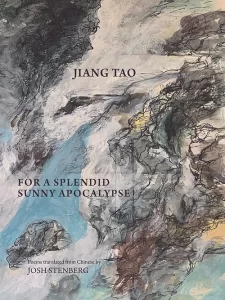 In these melancholy and self-mocking poems — populated with youths and elders, cellphones and televisions — Jiang Tao presents and dissects a discontent with the state of the world. He employs his profound wit and poetic mastery to explore the passage of time, rural-urban migration, change and impermanence, and the difficulties of human communication and connection. Jiang Tao’s verse is, as translator Josh Stenberg has written, “a quintessential expression of urban malaise in contemporary China.” This is his first book to appear in English and is presented bilingually on facing pages.
In these melancholy and self-mocking poems — populated with youths and elders, cellphones and televisions — Jiang Tao presents and dissects a discontent with the state of the world. He employs his profound wit and poetic mastery to explore the passage of time, rural-urban migration, change and impermanence, and the difficulties of human communication and connection. Jiang Tao’s verse is, as translator Josh Stenberg has written, “a quintessential expression of urban malaise in contemporary China.” This is his first book to appear in English and is presented bilingually on facing pages.
Josh Stenberg is Associate Professor of Chinese Studies at the University of Sydney and holds a Discovery Early Career Research Award from the Australian Research Council. The translator of several books of contemporary Chinese literature, his academic research focuses on transnational Chinese culture.
The translation of For a Splendid Sunny Apocalypse, a selection from Jiang Tao’s funny and perceptive poetry, began in 2017 as a project of the Henry Luce Foundation Chinese Poetry & Translation Fellowship at the Vermont Studio Centre. That fellowship allowed a wonderful opportunity to experiment and check renditions with the poet at hand, followed by years of editing and refinement.
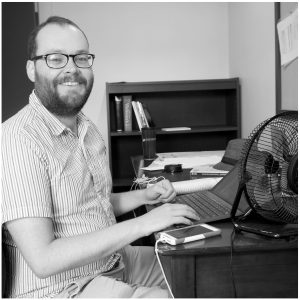
Kevin Windle and Elena Govor for Voices in the Wilderness A Digest of the Russian-Language Press in Australia 1912–1919 [Australian Scholarly Publishing]
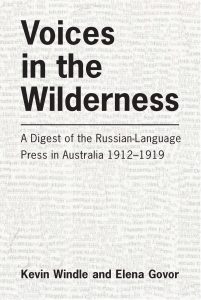 Between 1912 and 1919 seven weekly Russian newspapers were published in Australia. Today they are little known and the small but vocal community which produced them is largely forgotten. Unlike the enthusiastic nineteenth-century Russian accounts of Australia seen in From St Petersburg to Port Jackson (ASP 2016), these newspapers show us a body of immigrants struggling to establish themselves in what some had viewed as a ‘working man’s paradise’ and adjust to a new life. Educated radicals and newly literate workers of various political persuasions expressed their opinions, along with representatives of the Russian Empire’s different ethnic groups, feeling increasingly that they were ‘voices crying in the wilderness’. With rising militancy in 1918–1919, the editors attracted enhanced scrutiny from Australia’s security agencies, and by late 1919 most of the journalists had left Australia or been deported. The rich material presented in this digest is an unrivalled source of information on Russian settlement in Australia and the broader social history at a critical historical moment.
Between 1912 and 1919 seven weekly Russian newspapers were published in Australia. Today they are little known and the small but vocal community which produced them is largely forgotten. Unlike the enthusiastic nineteenth-century Russian accounts of Australia seen in From St Petersburg to Port Jackson (ASP 2016), these newspapers show us a body of immigrants struggling to establish themselves in what some had viewed as a ‘working man’s paradise’ and adjust to a new life. Educated radicals and newly literate workers of various political persuasions expressed their opinions, along with representatives of the Russian Empire’s different ethnic groups, feeling increasingly that they were ‘voices crying in the wilderness’. With rising militancy in 1918–1919, the editors attracted enhanced scrutiny from Australia’s security agencies, and by late 1919 most of the journalists had left Australia or been deported. The rich material presented in this digest is an unrivalled source of information on Russian settlement in Australia and the broader social history at a critical historical moment.
 Elena Govor, born in Minsk, Belarus, holds a doctorate from the ANU, where she has worked since 1991. Her research focuses on cross-cultural contacts between Russians and the peoples of Australia and the South Pacific, in particular the history of early Russian emigration to Australia. Her books include Australia in the Russian Mirror: Changing Perceptions, 1770-1919 (1997); My Dark Brother: the Story of the Illins, a Russian-Aboriginal Family (2000, shortlisted for NSW Premier’s Award; inspired the documentary ‘Pioneers of Love’, SBS); Russian Anzacs in Australian History (2005); and Twelve Days at Nuku Hiva: Russian Encounters and Mutiny in the South Pacific (2010).
Elena Govor, born in Minsk, Belarus, holds a doctorate from the ANU, where she has worked since 1991. Her research focuses on cross-cultural contacts between Russians and the peoples of Australia and the South Pacific, in particular the history of early Russian emigration to Australia. Her books include Australia in the Russian Mirror: Changing Perceptions, 1770-1919 (1997); My Dark Brother: the Story of the Illins, a Russian-Aboriginal Family (2000, shortlisted for NSW Premier’s Award; inspired the documentary ‘Pioneers of Love’, SBS); Russian Anzacs in Australian History (2005); and Twelve Days at Nuku Hiva: Russian Encounters and Mutiny in the South Pacific (2010).

Kevin Windle taught Russian literature, language and Translation Studies at the Australian National University.
He has published numerous scholarly articles and book chapters, including thirty on the early history of the Russian community in Australia, a biography of Alexander Zuzenko and three co-edited volumes on related matters. He has received international prizes for literary translation from various languages, including the Fédération Internationale des Traducteurs ‘Aurora Borealis’ prize for the translation of non-fiction. In 2021, his translation of Artyom Vesyoly’s novel Russia Washed in Blood was shortlisted for the NSW Premier’s Translation Prize.

